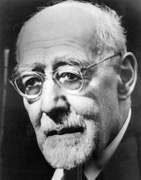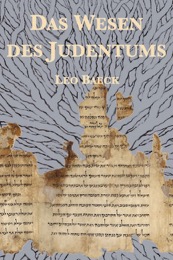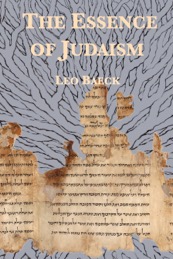
During World War I, Baeck was a chaplain in the German Army. In 1918 he returned to Berlin to work at the Prussian Culture Ministry as an expert in Hebrew. In addition to his position as a rabbi and his lecturing at the Hochschule, Baeck also became President of the Union of German Rabbis in 1922. He was elected President of the German B’nai B’rith Order in 1924 when he also joined the Central-Verein deutscher Staatsbürger jüdischen Glaubens, and the Jewish Agency for Palestine.
In 1933, Baeck was elected president of the Reichsvertretung der deutschen Juden, an umbrella organization of German-Jewish groups founded to advance the interests of German Jewry in the face of Nazi persecution. In spite of several offers of emigration, he refused to leave Germany, even after Jewish businesses and synagogues, including his Fasanenstraße congregation, were burned and looted in November 1938. In 1943, Leo Baeck, along with his family members, was sent to the Theresienstadt concentration camp where he continued to teach, holding lectures on philosophy and religion. He also managed to begin a manuscript that would become Dieses Volk – Jüdische Existenz (This People Israel: The Meaning of Jewish Existence), an interpretation of Jewish history.
After the Russians liberated Theresienstadt in May 1945 — none of his four sisters survived —, Leo Baeck made his way to England and spent much of his time traveling, lecturing, writing and helping found several organizations to assist the remnants of European Jewry. In 1955, a group of émigré German-Jewish intellectuals met in Jerusalem to found an Institute to preserve the history of the German-Jewish culture. They named the Institute in Baeck’s honor and appointed him its first President. Baeck died the following year in London.
Click on each cover for details about each eBook:





